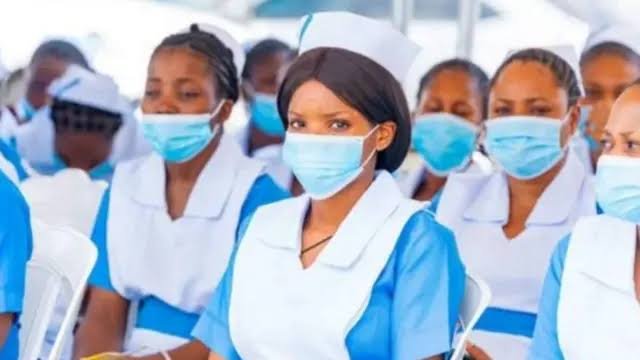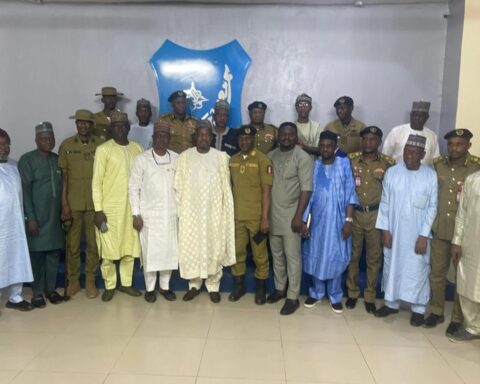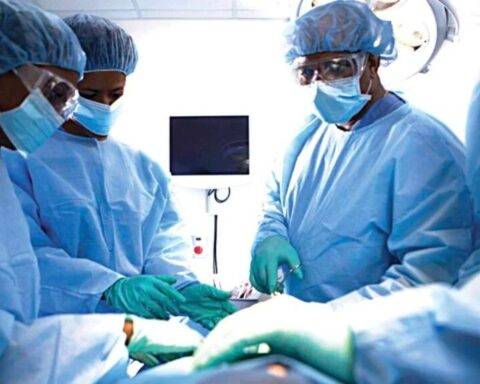Speaking yesterday, Friday, August 30, on the sidelines of the programme in Ilorin, Mrs Victoria Ogundipe, Smile’s Senior Programme Manager (West Africa), told newsmen the training was part of week-long activities on free surgeries.
Explaining that the surgeries were for children with cleft lips and palate, Ogundipe said after surgery, the patient remains with the nurses, who are expected to give them quality healthcare for recovery.
“So, we are enhancing the skills of the nurses to be able to care for the patients when the doctors are not available and they have finished with the surgery,” she said.
“The doctors leave in the night and the nurses are the ones on duty before the doctor comes back.
“This training empowers them to know what to do at any point in time with the patients that are left in their care,” she said.
The Senior Programme Manager said her organisation has presence in 75 countries across the globe, and it is also partnering with hospitals.
She added that 38 African countries are also beneficiaries of the humanitarian works of the organisation, where comprehensive treatment and care are given free to patients.
Ogundipe enjoined participants in the training to make judicious use of the knowledge and to also step it down to other healthcare workers.
Speaking on the surgeries done, Ogundipe said 11 patients with cleft lips were undergoing surgery to repair the deformity.
She expressed delight that the surgical intervention was hitch-free without any death and that the children were recuperating well.
The Senior Programme Manager therefore appealed to parents to access the free healthcare, if they have children with cleft lips and palate.
Also speaking, Prof. AbdulRasheed Nasir, the Team Lead of Smile Train Partners, UITH, stated that the theme of the training was “Nursing Care Saves Lives”.
He noted that nursing was one of the pillars of healthcare, pointing out that nurses are usually with the patient all the time.
Nasir stated that the training was meant to build the capacity of nurses to manage patients with cleft lips and palate.
He explained further that part of the training was what is called “Basic Life Support Training”.
The surgeon said this would help healthcare workers with skills to manage emergencies anywhere, whether in the market, hospital or at home.
“So, they have the capacity to resuscitate patients who suddenly collapse, which is actually one of the take-home messages in this training,” he said.
Nasir expressed optimism that, in the future, such training would be a continuous process for all nurses in order for patients to receive quality care.
In her appreciative remark, Mrs Funmilola Adepoju, a participant and Nursing Officer at UITH, described the training as impactful and timely.
She enjoined Smile Train International to make the training a continuous process, so as to empower them more with skills and knowledge in their line of duty as healthcare workers.
Similarly, Mrs Barakat Adebayo, a parent to one of the babies who received free cleft lip surgery, commended the organisation for the life-saving intervention.
She said her baby could now feed and smile without any challenge.



























